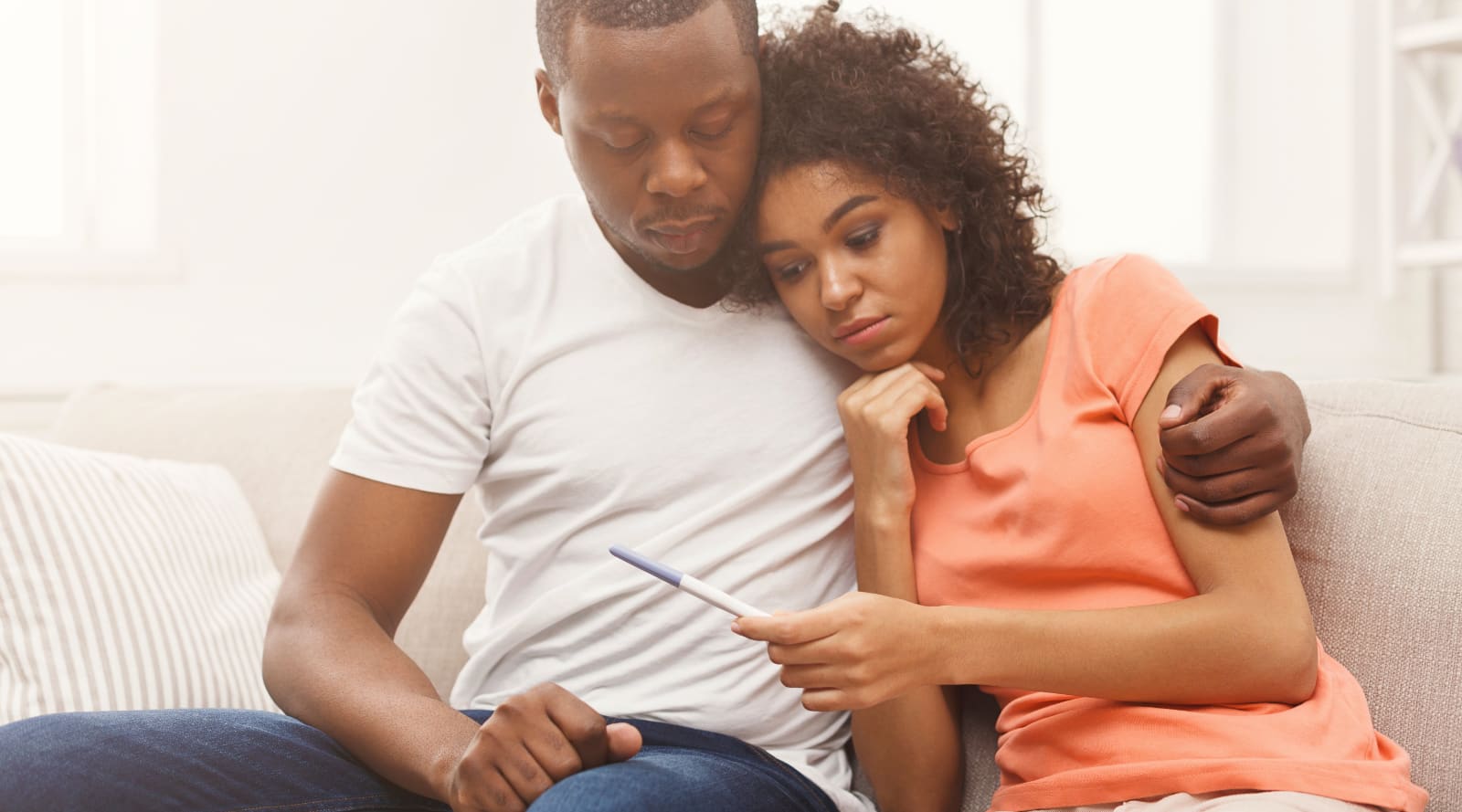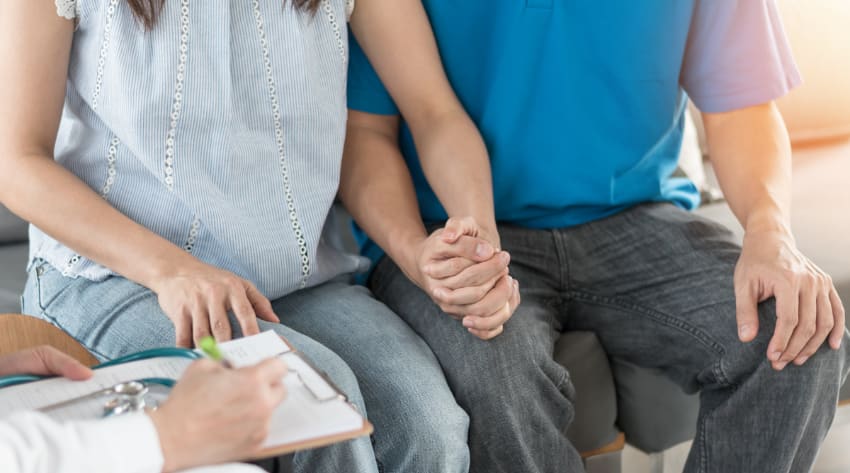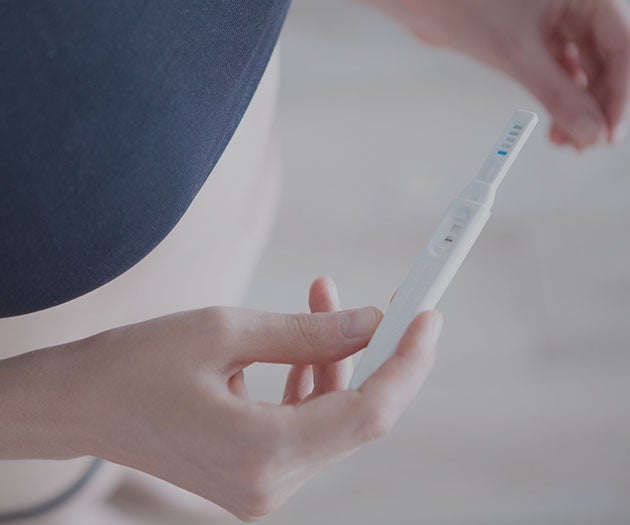Introduction
Struggling to become a parent for whatever reason can be an extremely worrying time. As a couple or as an individual, you might want to try assisted conception if your circumstances don't allow for natural conception or if fertility or other issues mean conception is difficult. It's a far more common issue than you might think, and the good news is there are many ways to secure assisted conception and lots of support and good advice out there.
We've broken down some of the key topics to help. For couples and individuals struggling to conceive naturally, it can be a difficult journey but one which is often absolutely worth taking.
What is assisted conception?
It's a way for couples and individuals to secure an alternative way to get pregnant. There may be many reasons why people chose assisted conception, from reduced fertility to sexual orientation and lifestyle choices. Assisted conception is not just about IVF treatment; the term covers all manner of medical interventions aimed at leading to successful conception. Fertility treatments are improving all the time, and the younger you are, the more likely it is assisted conception programmes will work.
What are my assisted conception options?
Alternative ways of getting pregnant include;
-
In vitro fertilisation (IVF) is the IVF treatment used by many couples and individuals. It involves gathering eggs from ovaries and introducing them to sperm cells in a laboratory The fertilised egg, which is then called an embryo, is then placed in the womb to develop and grow.
-
Intrauterine insemination (IUI) – this is where sperm cells are inserted directly into a person's womb when they are ovulating
-
Intracytoplasmic sperm injection (ICSI) is when a single sperm cell is injected into a single egg, and the resulting embryo is then transferred into the womb.
Donor sperm is often used for the above treatments in cases of low fertility or for lesbian couples. Donated eggs can also be used for assisted conception programmes. Many couples and individuals also consider surrogacy as an option.
How long should we wait before trying assisted conception?
There are several circumstances in which heterosexual couples might find it hard to conceive. Low fertility in either partner might be an issue, but stress and outside pressures can play a factor. Some couples conceive in the first month of trying; for others, it might take a year or more. Obviously, the more intercourse you and your partner have, the more likely it is you'll conceive!
You should see your GP if you have not conceived after a year of trying, and if you are 36 or over you should see your GP sooner as the decline in fertility speeds up when you reach your mid-30s. You should also see you GP sooner if you have any reason to be concerned about your fertility such as if you have had treatment for cancer, conditions such as polycystic ovary syndrome or you think you might have had a sexually transmitted infection (STI).
You might want to seek advice if you're having problems with your periods, if you've miscarried before, have endometriosis or pelvic inflammatory disease, or if you're worried male fertility might be an issue. It can be an embarrassing thing to talk about, but your GP or healthcare professional will be happy to help with what is quite a common issue.
Can I get assisted conception treatment from HSE?
Assisted conception is not provided by the public health service, You GP may refer you to a private specialist or clinic. You may be able to claim tax relief on the costs as part of the tax relief for medical expenses scheme. Drugs used as part of fertility treatment are also covered by the Drugs payment scheme. Citizens information has more details on fertility treatment.
What should I consider before undergoing assisted conception treatments?
IVF treatment and alternative ways of getting pregnant can be invasive and painful, and if treatment is carried out privately, expensive. Infertility can be a stressful issue and can lead to worries, negative feelings and low mood. You might want to consider counselling if you find it dominates your life and thoughts. It's important to remember that a person undergoing assisted conception treatments might have physical side effects such as hot flushes, headaches and mood fluctuations.
You'll undergo injections and ultrasound scans, and you may have future health concerns about yourself and your embryo. You may have to make huge decisions about your embryos and possible multiple pregnancies. It can be a journey and a very emotional thing to get through.
Next Steps
If you think you might need help with assisted conception the first step is to book an appointment with your GP to discuss your options. From there they will be able to refer you to the necessary specialist and provide the information that you need. Although it’s hard not to worry, stress can often be a contributing factor. So, try and remove stressful factors from your day-to-day if you can.








